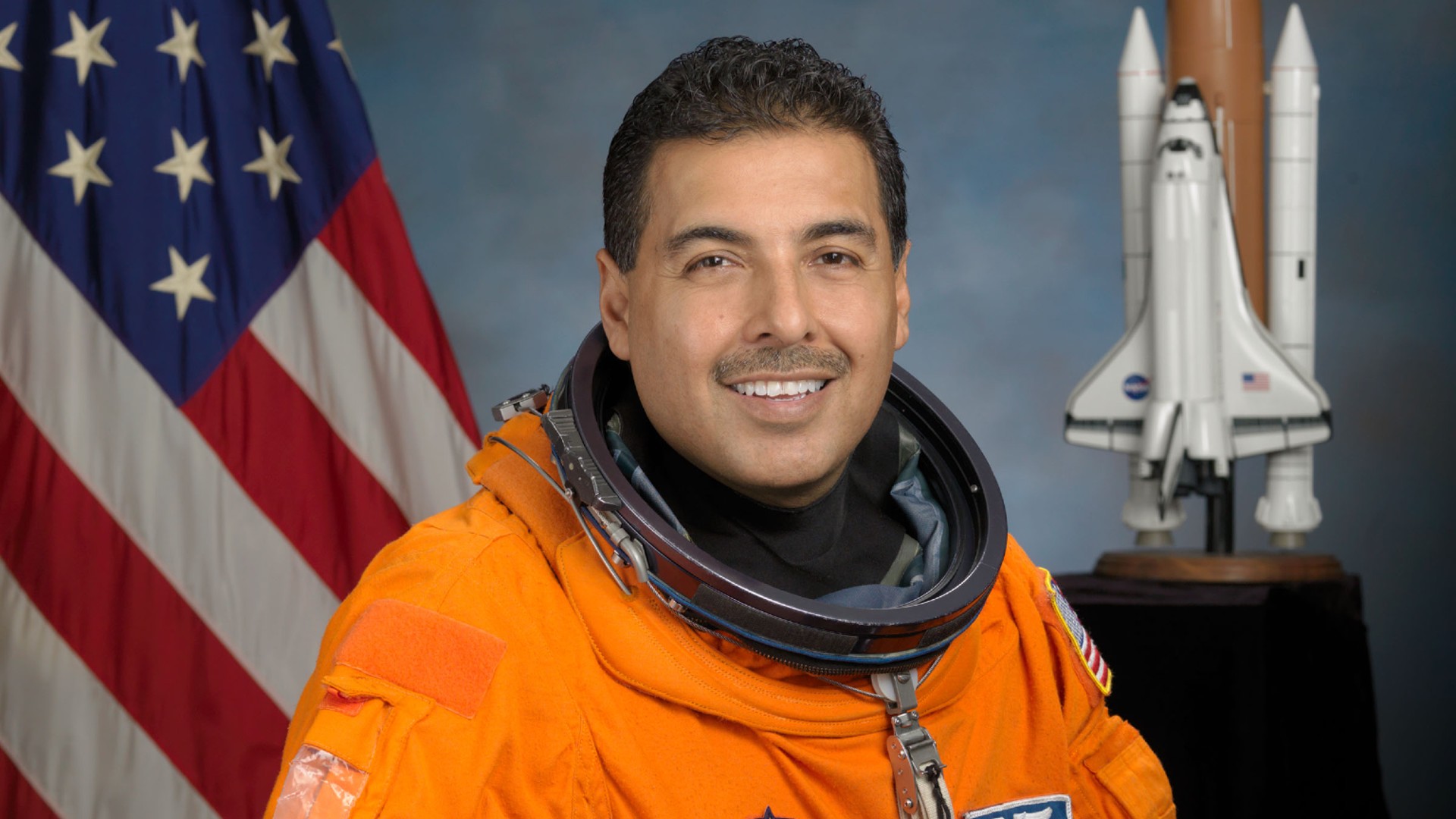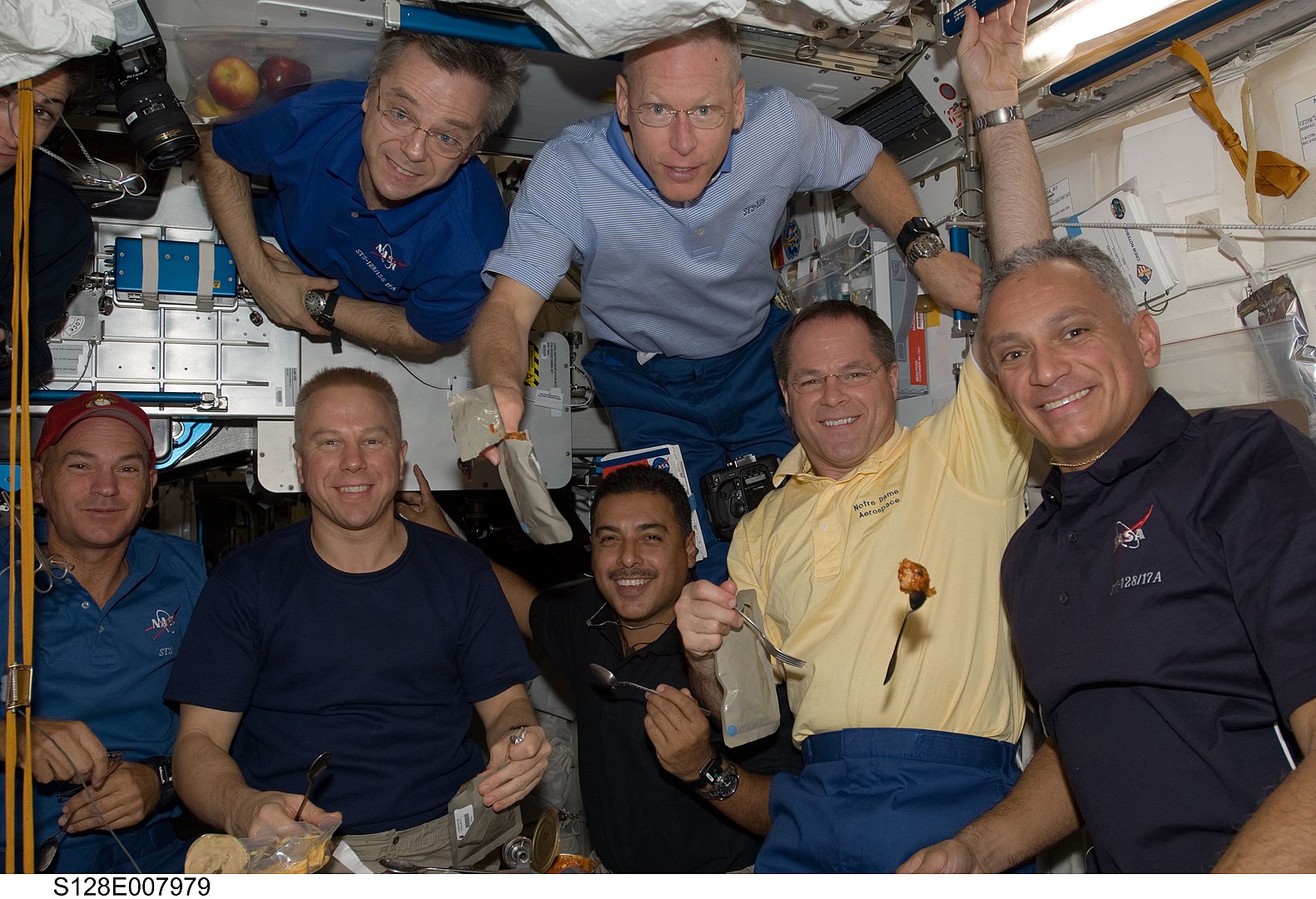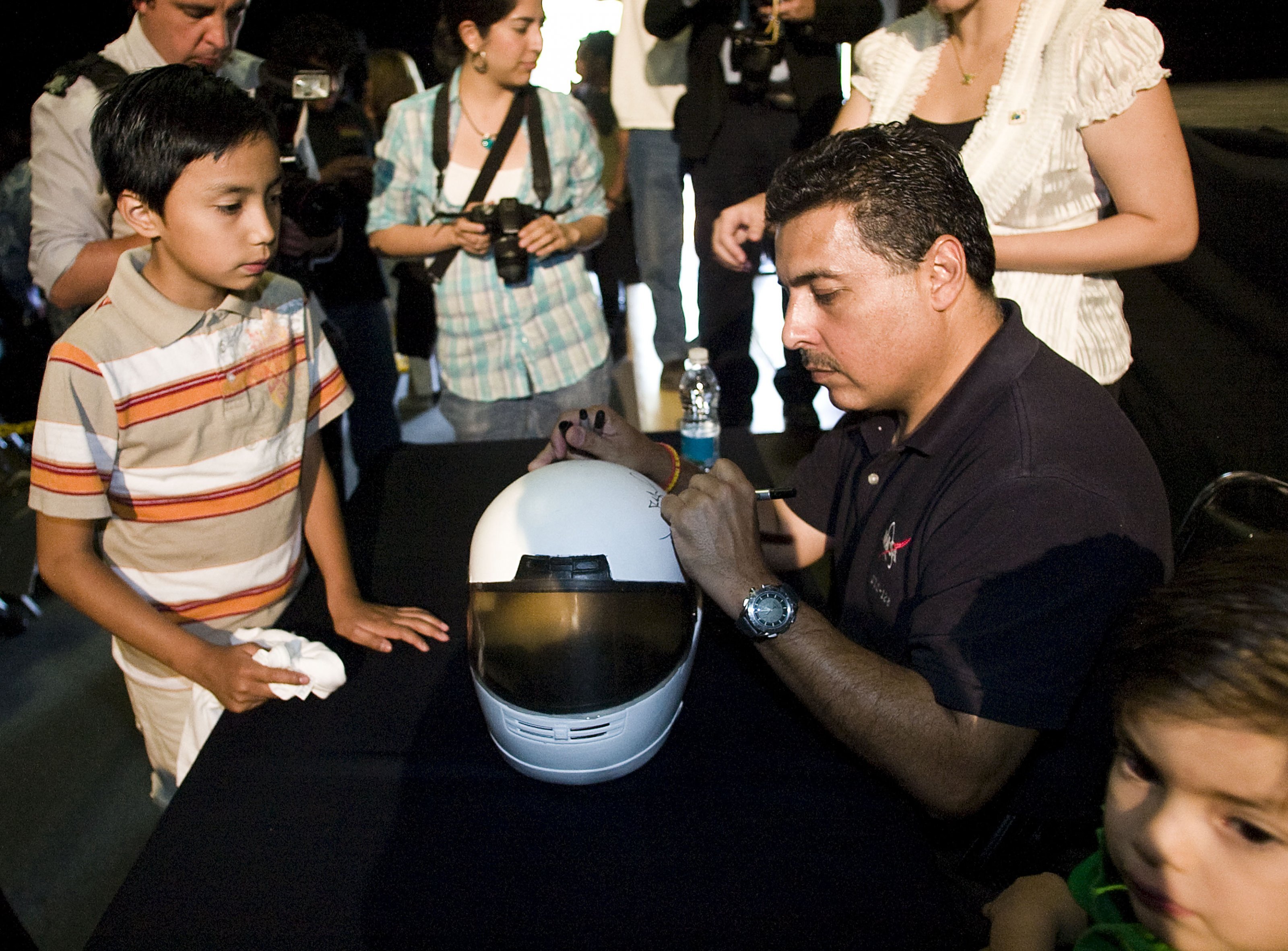Twitter is still vital for the space community. A former NASA astronaut explains why
Twitter provides an important platform for science communicators, but many in the scientific community have expressed misgivings about remaining on the platform.

If you use Twitter, you're no doubt aware of the changes the social media platform has seen in recent months.
Ever since SpaceX and Tesla CEO Elon Musk bought Twitter last year, it's been a bit of a circus. Users were threatening to leave Twitter even before the sale was finalized, and some have argued that recent changes have emboldened bad behavior on the platform. With Musk's recent announcement that NBC and Comcast veteran Linda Yaccarino was taking over as Twitter CEO, there is hope for a change in direction for the platform after several months of turmoil.
Nonetheless, there has been a documented upsurge in misinformation spreading through Twitter, including anti-vaccine and anti-climate change denialism, not to mention the influx of racist, sexist, and anti-LGBTQ harassment. This behavior has helped accelerated a growing "Twitter migration" to other platforms due to what many see as systemic issues with the platform as it exists today.
Former NASA astronaut José Hernández, who can be found on Twitter at @astro_jose , is struggling with these issues along with everyone else. As a notable science communicator on the social media site, his decision whether or not to keep using Twitter (along with those of many other science communicators on the platform) represents a major inflection point in the battle for public science education online and whether our online spaces will be overrun with misinformation, disinformation and conspiracy theories in place of science as we know it today.
Fortunately for science communication, Hernández isn't going anywhere.
Related: Space scientists and astronauts launch to other platforms amid Twitter turmoil
The importance of Twitter as an educational tool
"I see [Twitter] as a good tool to disseminate information, especially to communities or sectors of our community where perhaps they don't go out of their way to learn about science," Hernández told Space.com. "This is sort of a good primer for them, such that they see it and they're interested, and that they can take a deeper dive, utilizing other sources."
Breaking space news, the latest updates on rocket launches, skywatching events and more!
Last year's launch of Artemis 1 and the Orion spacecraft is a perfect case in point, Hernández said.
"You see me post about it because I want to make people aware that, 'Hey, we're going back to the moon,'" he said. "We're not only going to go back to the moon, but we're going to take men and women and people of color are going to step on the moon. It's not just going to be Caucasian males doing it; it's going to be a diverse set of astronauts doing that."
The splashdown of the Orion spacecraft, as well as SpaceX's various rocket launches, are exactly the kind of events that make for viral social media content. Thanks to SpaceX regularly livestreaming its launches and maintaining an active social media presence, events such as booster landings, payload deployments and sometimes even spectacular explosions on a launchpad all make their way onto Twitter, where they are widely shared, often starting with Musk himself.
The irony that Musk, who is arguably more responsible for revitalizing American spaceflight than anyone else in the past 20 years, is also the same man opening the disinformation floodgates is not lost on Hernández, who made history as the first person to use the Spanish language in space, which he tweeted from orbit during the STS-128 space shuttle mission in 2009.
"You've got to separate Elon Musk, the individual who has the vision for SpaceX, from Elon Musk, the individual who has his political views," Hernández said. "I love the Elon Musk that is running SpaceX and has that vision. I think he's a brilliant man, but I do not appreciate the Elon Musk with the political views that he has doing what he's doing with Twitter. It's almost as if, you know, it's a superpower gone bad."

How far should we go toward policing speech on social media, if at all?
The issue of politics and speech on Twitter isn't new by any means.
Twitter's "breakout" moment, after all, was the 2009 popular uprising in Iran that many at the time called the "Twitter revolution" following contested elections in that country. Social media's role in the overthrow of Egyptian President Hosni Mubarak in 2011 after 30 years of authoritarian rule and the Arab Spring uprisings at that time are all intertwined with the growth of Twitter's platform during those years.
But with the contentious U.S. elections of 2016 and 2020 especially, the role of social media and misinformation in politics and election results makes the subject especially fraught right now — something that Musk has accelerated with many of his early actions as Twitter's CEO.
Hernández, who has been an active Twitter user for more than a decade, recoiled along with many other verified figures on the platform when Musk's paid verification scheme was first announced. But Hernández was even more concerned about the rollback of regulation around hate speech and misinformation, as well as the reinstatement of banned accounts, including that of former President Donald Trump, who was suspended after tweeting through the Jan. 6, 2021, attack on the U.S. Capitol in a manner many consider to be incitement.
"My concern was that Elon Musk is claiming a first-amendment, freedom-of-speech justification" for account reinstatements and loosening of moderation, Hernández said, "and doing a poll on whether he should let Trump back in or not … you don't make decisions like that. You need to be able to control the content of your platform that you own. You got to have some principles and assure that whatever is posted is real; it's factual."
Twitter is a private company, so it — and Musk, by extension — is free to publish whatever it likes and ban or reinstate whomever it wants to, as long as those actions stay on the right side of the law.
Nonetheless, his controversial moves have put many in the space community in an awkward spot. After all, as SpaceX CEO, Musk has played an undeniable role in advancing spaceflight and space exploration.
"With respect to space, you know, my respect to him," Hernández said. "He's a genius, and I appreciate what he's done in pushing NASA and sort of pushing other companies to follow along and manage to bring space travel back into the mainstream. But with his other activities, you know, I strongly disagree with how he positions himself. But this is a free country, and as long as he's not doing anything illegal, yeah, I assume he's allowed to do it and doesn't mean I have to like it. It also doesn't mean I have to stay on this platform."

Twitter is an essential public square
Between the reinstatement of previously banned accounts and the reported uptick in hate speech on the platform, many academics in the science and space communities questioned whether they should stick around on Twitter or head for Mastodon and other platforms. Hernández has wrestled with this challenge publicly on Twitter. But there's no denying that Twitter's massive user base provides an important platform for science communicators.
"I think others have expressed concern, but it's what I would call passive concern," Hernández said of the space and broader science community leaving Twitter. "I think that what they're saying to themselves is, 'You know, maybe Twitter isn't the right forum for what I want to accomplish. You know, maybe I should go to LinkedIn and do my postings there, or some other forum.'"
But those platforms don't quite match up to Twitter in some aspects. "There's less of an audience for you for the information that you want to put out, and there's less of a chance that you might spark the imagination of a young kid who reads her tweet that will then say, 'Hey, maybe I should look at [a] science or STEM career given what I'm reading astronaut José Hernández posting," Hernández said.
"We end up losing those opportunities, and those are the cases where I say, 'We're doing a disservice to society by leaving,'" he added. "But then again, we're also very wary of what happens if we stay. What's going to happen to the platform, and are we going to be drowned out?"
Join our Space Forums to keep talking space on the latest missions, night sky and more! And if you have a news tip, correction or comment, let us know at: community@space.com.
John is a science and technology journalist and Space.com contributor. He received his B.A. in English and his M.A. in Computer Science from the City University of New York, Brooklyn College, and has bylines with TechRadar, Live Science, GamesRadar, and other publications. You can find him on Bluesky at @johnloeffler.bsky.social or seeking out dark sky country for spectacular views of the cosmos.
